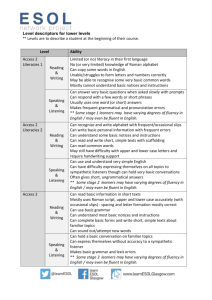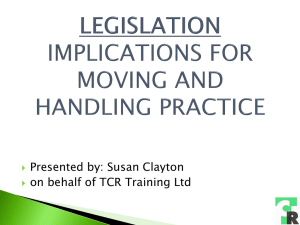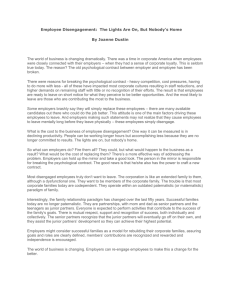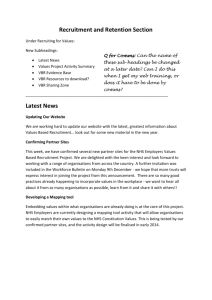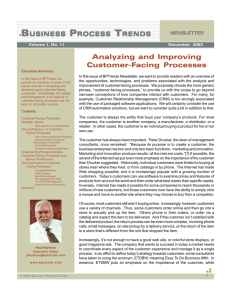English language: factsheet
advertisement
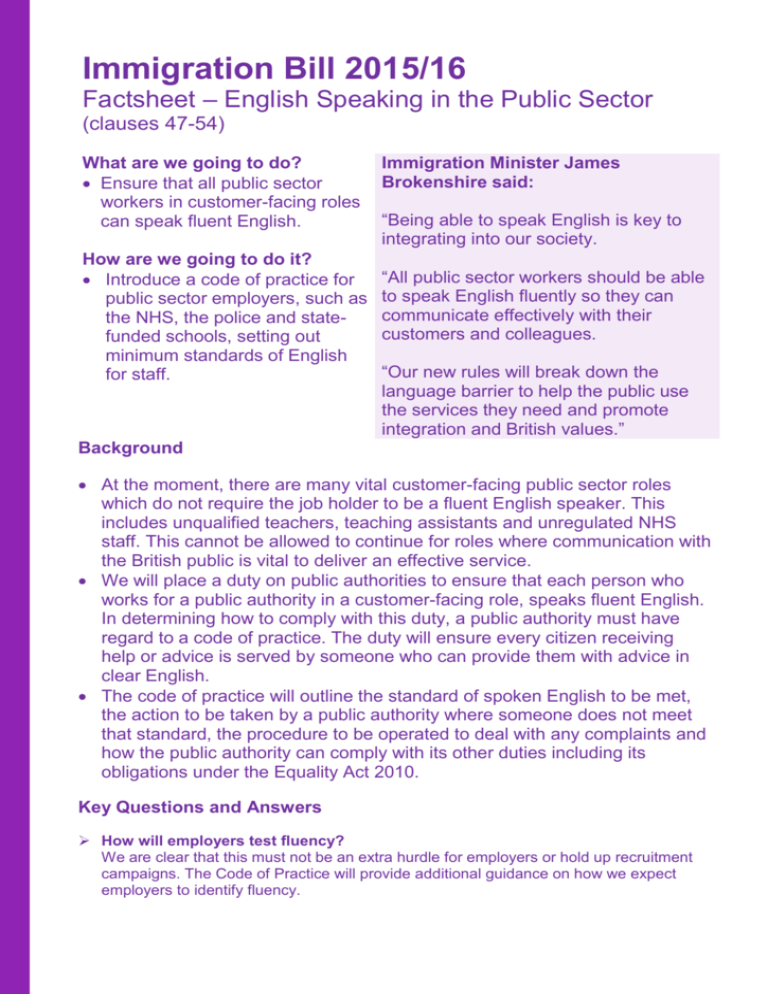
Immigration Bill 2015/16 Factsheet – English Speaking in the Public Sector (clauses 47-54) What are we going to do? Ensure that all public sector workers in customer-facing roles can speak fluent English. How are we going to do it? Introduce a code of practice for public sector employers, such as the NHS, the police and statefunded schools, setting out minimum standards of English for staff. Immigration Minister James Brokenshire said: “Being able to speak English is key to integrating into our society. “All public sector workers should be able to speak English fluently so they can communicate effectively with their customers and colleagues. “Our new rules will break down the language barrier to help the public use the services they need and promote integration and British values.” Background At the moment, there are many vital customer-facing public sector roles which do not require the job holder to be a fluent English speaker. This includes unqualified teachers, teaching assistants and unregulated NHS staff. This cannot be allowed to continue for roles where communication with the British public is vital to deliver an effective service. We will place a duty on public authorities to ensure that each person who works for a public authority in a customer-facing role, speaks fluent English. In determining how to comply with this duty, a public authority must have regard to a code of practice. The duty will ensure every citizen receiving help or advice is served by someone who can provide them with advice in clear English. The code of practice will outline the standard of spoken English to be met, the action to be taken by a public authority where someone does not meet that standard, the procedure to be operated to deal with any complaints and how the public authority can comply with its other duties including its obligations under the Equality Act 2010. Key Questions and Answers How will employers test fluency? We are clear that this must not be an extra hurdle for employers or hold up recruitment campaigns. The Code of Practice will provide additional guidance on how we expect employers to identify fluency. Isn’t this discriminatory? Absolutely not. The Code of Practice will provide further guidance on how a public authority should exercise this duty in light of its obligations under the Equality Act 2010. Will this apply to staff who are locally engaged overseas? No – locally engaged staff will be exempt from this policy. Home Office December 2015 2


